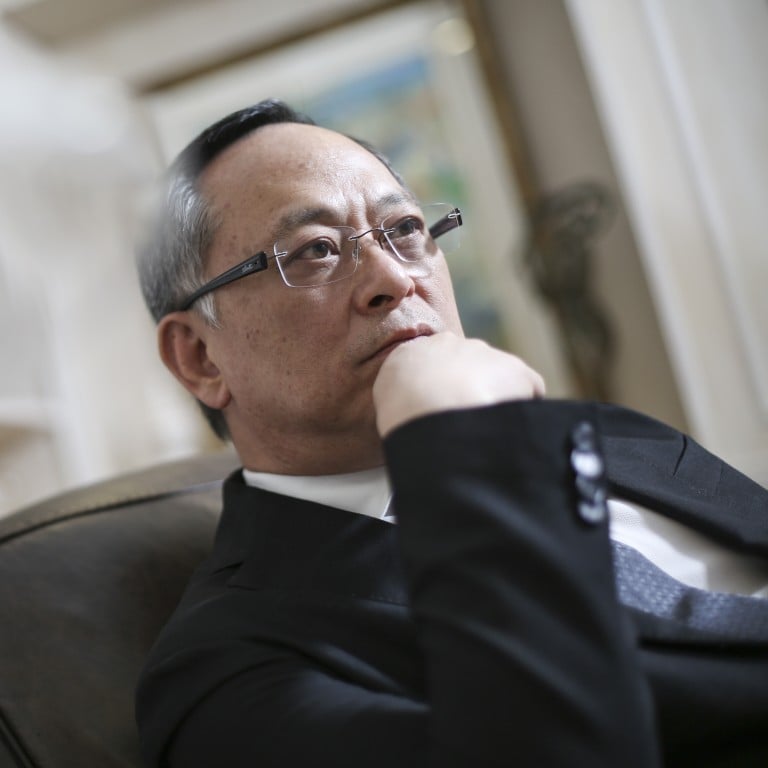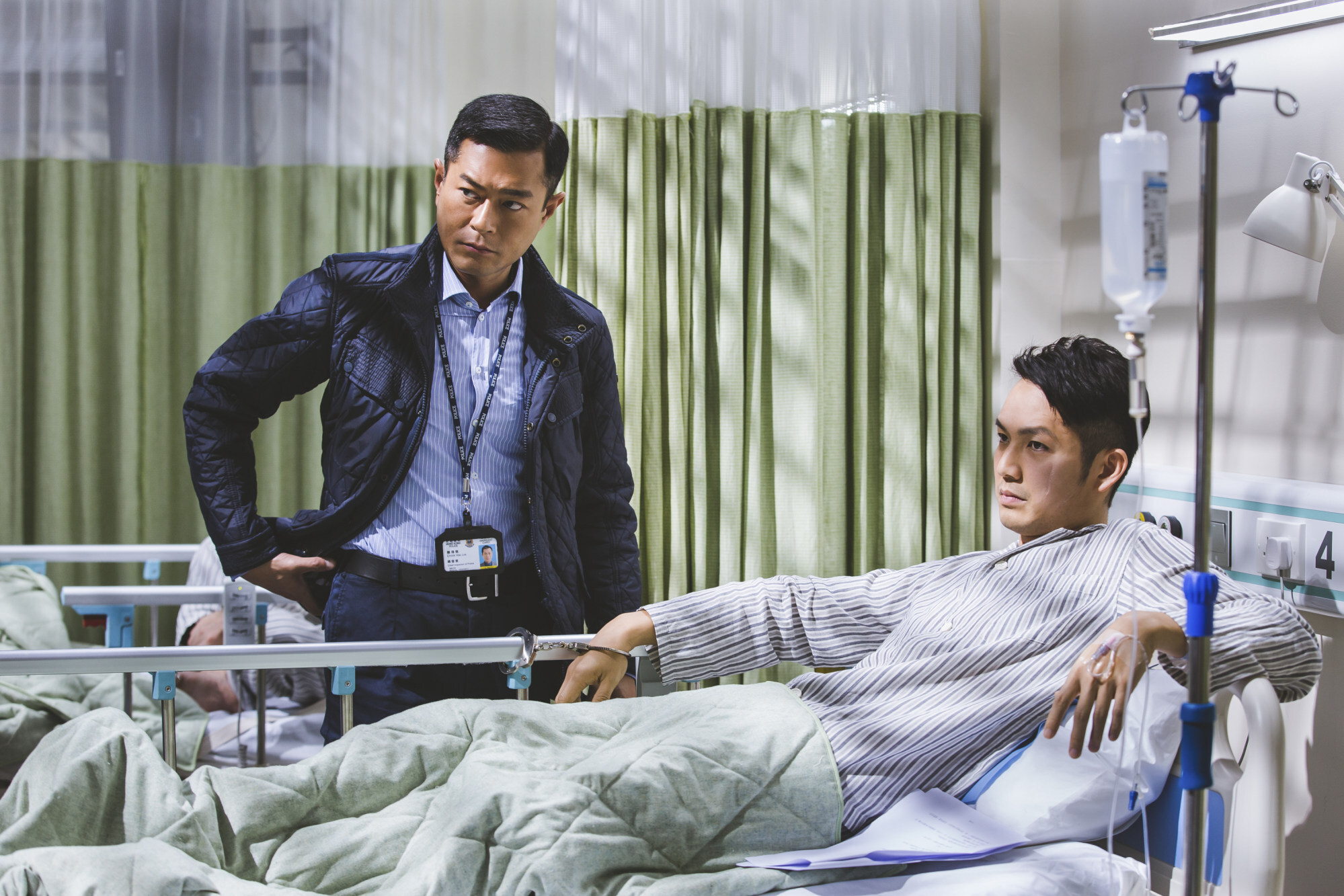Opinion / Why didn’t Johnnie To ever get an Oscar nod? Bruce Lee and Wong Kar-wai put Hong Kong cinema on the map, but the Election director made the city’s best post-handover movies


In the recent dark years (if not decades) of Hong Kong cinema, if there is one filmmaker who has been more unfairly ignored than any other, it is Johnnie To, who turns 66 on April 22. True, in certain critical circles To is well known and highly regarded – you don’t get to be an officer of the French Order of Arts and Letters without someone appreciating your work. Still, critical admiration can only carry a director so far; just because Satyajit Ray is acclaimed as one of the greatest-ever filmmakers doesn’t mean your average film fan has seen any of the Indian auter’s works.
All of this makes To the greatest Hong Kong director international audiences have probably never heard of. Although To would only truly find his stride in 1996 after founding his own production company, Milkyway Image, alongside creative partner Wai Ka-fai, he was still director of a number of hit Hong Kong films before then too. Classics like All About Ah-Long, The Royal Scoundrel and The Heroic Trio are all indebted to To as director.

Despite these and other successes, To was not among that cadre of filmmakers globally popular enough or sufficiently revered to make the jump to Hollywood in the years surrounding the handover. Fellow directors John Woo, Tsui Hark and Ringo Lam might have secured trips to Tinseltown, but not To. (Given that the only good Hollywood film produced by those three Hong Kong legends was Woo’s Face/Off, To might consider being overlooked in the early 90s as a blessing in disguise.)
Ng Man-tat’s 8 best films and TV shows
To’s first film for Milkyway, A Hero Never Dies in 1998, showed the filmmaker could do theatrical heroic bloodshed films better than Woo himself. To also started a fruitful relationship with Sean Lau that would allow the actor to prove himself as one of Hong Kong’s best actors.
The next year saw To release Running Out of Time, a thrilling game of cat and mouse between a police officer and a master criminal with only weeks to live. However, The Mission, which also came out in 1999, that is considered To’s magnum opus. On the face of it, the film doesn’t sound terribly impressive: the main plot boils down to a triad boss contracting some hired guns to protect him from assassination. But a slick 90-minute triad flick made in a matter of weeks, The Mission is a masterpiece.
Yet with its minimalism, tight editing and pacing, smooth cinematography and more authentic portrayal of violence, The Mission was unlike any other Hong Kong film of its kind. To paraphrase Miles Davis, the action in The Mission is not about the bullets, but about the bullets not fired. Yet for all the praise the film received, at the box office The Mission only grossed 15 per cent of what Stephen Chow’s King of Comedy, released that same year, brought in.
Hong Kong’s best films of 2020
From then on, To continued to produce a regular stream of nearly annual films, many of which rank about the best Hong Kong films of the 21st century. Alan Mak might have been lauded for making Infernal Affairs in 2002, but has created nothing of similar quality since. Meanwhile, in the last 20 years To has filmed the likes of Election and its sequel, Throw Down, PTU, Mad Detective, Life Without Principle and Three, among others.
That one filmmaker has produced so many excellent films at such a consistent rate, yet remains unheralded outside niche circles, does a great disservice to To’s talent and ability.

To will probably never achieve the kind of international name recognition enjoyed by the likes of Bruce Lee or Jackie Chan when it comes to Hong Kong cinema, but given his outstanding record, he deserves to be mentioned in conversations about the greatest Hong Kong directors of all time. Hopefully with time and increasing appreciation for his work, To will receive the kind of wider acclaim that is his due.
Want more stories like this? Sign up here. Follow STYLE on Facebook, Instagram, YouTube and Twitter.

- Hong Kong cinema has influenced Hollywood movies like The Matrix, Quentin Tarantino’s films, Martin Scorsese’s The Departed and Godzilla vs. Kong
- Wong Kar-wai has produced few films, Ann Hui’s hit was followed by flops, and Alan Mak was a one hit wonder – but Johnnie To has consistently directed greats